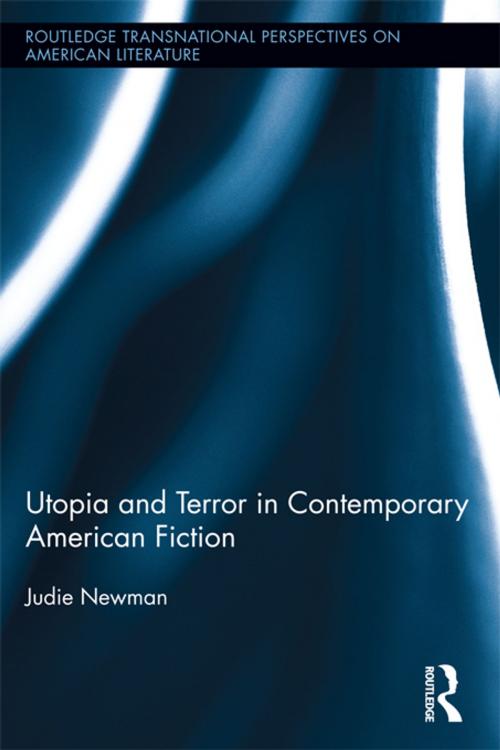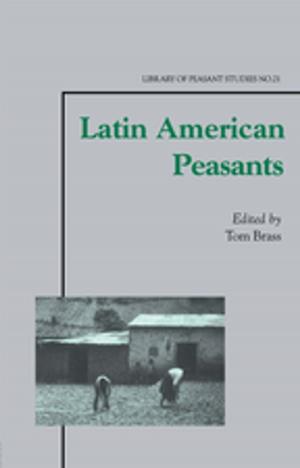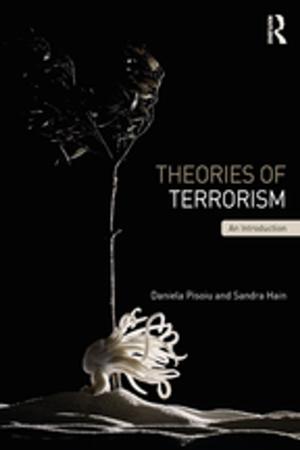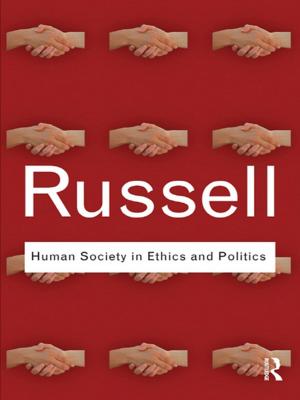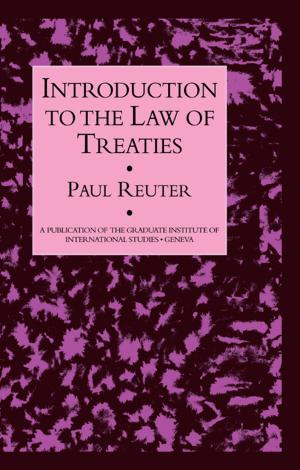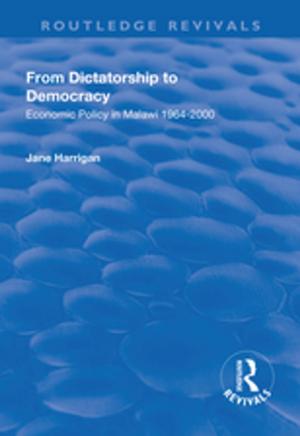Utopia and Terror in Contemporary American Fiction
Fiction & Literature, Literary Theory & Criticism, American, Nonfiction, Social & Cultural Studies, Political Science| Author: | Judie Newman | ISBN: | 9781136774874 |
| Publisher: | Taylor and Francis | Publication: | July 17, 2014 |
| Imprint: | Routledge | Language: | English |
| Author: | Judie Newman |
| ISBN: | 9781136774874 |
| Publisher: | Taylor and Francis |
| Publication: | July 17, 2014 |
| Imprint: | Routledge |
| Language: | English |
This book examines the quest for/failure of Utopia across a range of contemporary American/transnational fictions in relation to terror and globalization through authors such as Susan Choi, André Dubus, Dalia Sofer, and John Updike. While recent critical thinkers have reengaged with Utopia, the possibility of terror — whether state or non-state, external or homegrown — shadows Utopian imaginings. Terror and Utopia are linked in fiction through the exploration of the commodification of affect, a phenomenon of a globalized world in which feelings are managed, homogenized across cultures, exaggerated, or expunged according to a dominant model. Narrative approaches to the terrorist offer a means to investigate the ways in which fiction can resist commodification of affect, and maintain a reasoned but imaginative vision of possibilities for human community. Newman explores topics such as the first American bestseller with a Muslim protagonist, the links between writer and terrorist, the work of Iranian-Jewish Americans, and the relation of race and religion to Utopian thought.
This book examines the quest for/failure of Utopia across a range of contemporary American/transnational fictions in relation to terror and globalization through authors such as Susan Choi, André Dubus, Dalia Sofer, and John Updike. While recent critical thinkers have reengaged with Utopia, the possibility of terror — whether state or non-state, external or homegrown — shadows Utopian imaginings. Terror and Utopia are linked in fiction through the exploration of the commodification of affect, a phenomenon of a globalized world in which feelings are managed, homogenized across cultures, exaggerated, or expunged according to a dominant model. Narrative approaches to the terrorist offer a means to investigate the ways in which fiction can resist commodification of affect, and maintain a reasoned but imaginative vision of possibilities for human community. Newman explores topics such as the first American bestseller with a Muslim protagonist, the links between writer and terrorist, the work of Iranian-Jewish Americans, and the relation of race and religion to Utopian thought.
